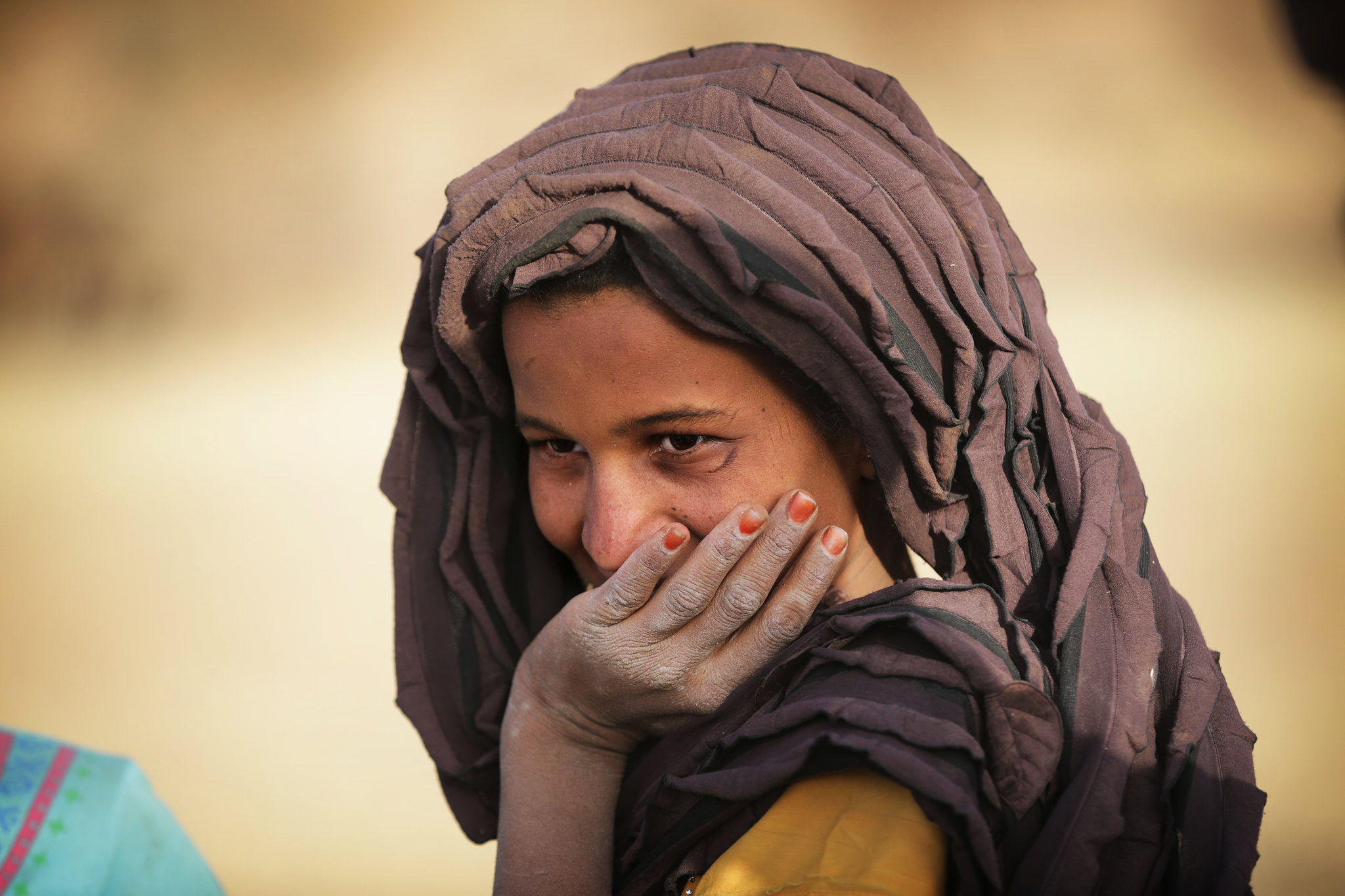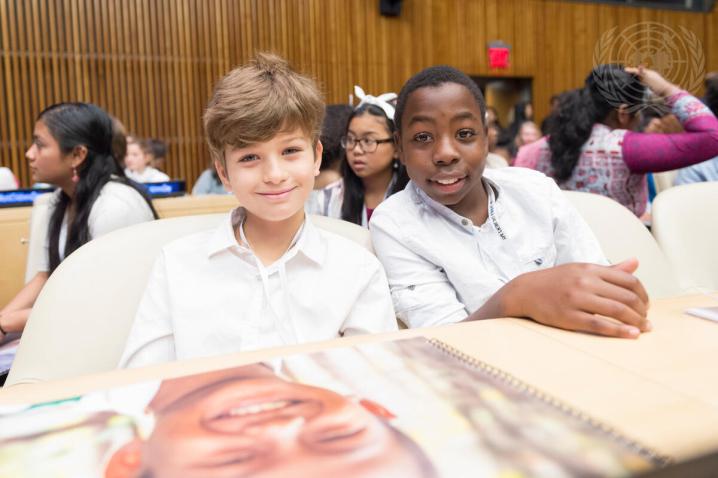What is the International Day of Happiness?
It’s a day to be happy, of course! Happiness is a fundamental human goal. The United Nations General Assembly recognizes this goal and calls for “a more inclusive, equitable and balanced approach to economic growth that promotes the happiness and well-being of all peoples.”
Governments and international organizations should invest in conditions that support happiness by upholding human rights and incorporating well-being and environmental dimensions into policy frameworks, such as the 17 Sustainable Development Goals. The effectiveness of governments in upholding peace and social order, as well as in the fields of taxation, legal institutions and delivery of public services, strongly correlates with average life satisfaction.
The United Nations invites each person of any age, plus every classroom, business and government to join in celebration of the International Day of Happiness.
Global launch of World Happiness Report 2024

World Happiness Report 2024 lands on 20 March, to mark the UN’s International Day of Happiness. Be among the first to read this year’s insights, centered around the theme of happiness for the young, the old, and everyone in between.
The 2024 World Happiness Report will be launched on Wednesday, 20 March 2024 12:00 PM EDT.
Background
The General Assembly of the United Nations in its resolution 66/281 of 12 July 2012 proclaimed 20 March the International Day of Happiness, recognizing the relevance of happiness and well-being as universal goals and aspirations in the lives of human beings around the world and the importance of their recognition in public policy objectives. It also recognized the need for a more inclusive, equitable and balanced approach to economic growth that promotes sustainable development, poverty eradication, happiness and the well-being of all peoples.
The resolution was initiated by Bhutan, a country which recognized the value of national happiness over national income since the early 1970s and famously adopted the goal of Gross National Happiness over Gross National Product. It also hosted a High Level Meeting on "Happiness and Well-Being: Defining a New Economic Paradigm" during the sixty-sixth session of the General Assembly.
UN Photo album celebrates happiness
UN photographers capture people smiling, celebrating, playing, and laughing in this special collection for the International Day of Happiness.

What does happiness mean to you?
We spoke to visitors to UN Headquarters in New York from all over the world to find out what makes them happy.




